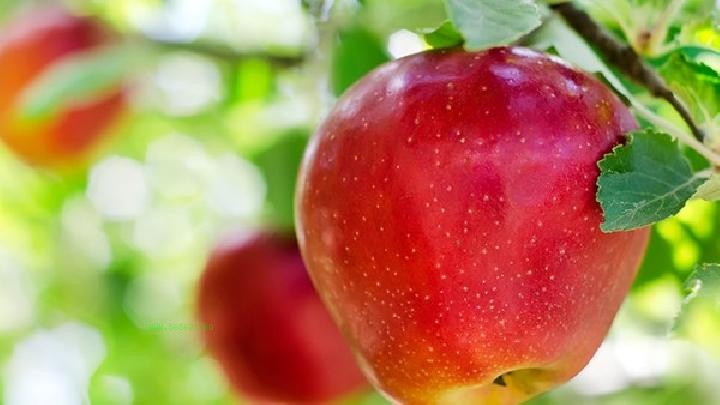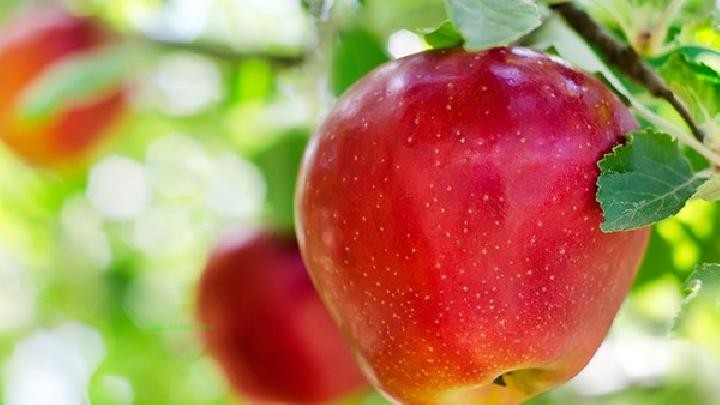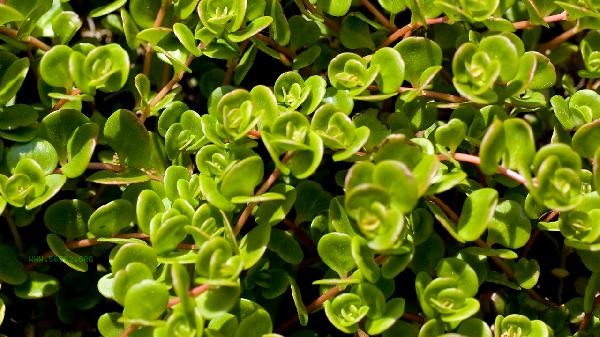Winter is a good season for nourishment, so what should we eat to nourish our body in winter? Experts say that in the cold winter, we should eat more warm and nourishing ingredients, such as chestnuts, lamb, taro, etc., which are all good ingredients for winter. Below, we will specifically talk about what to eat to nourish our body in winter.
Chestnuts are healthy dried fruits that can accompany the whole winter. On the one hand, it is rich in B vitamins and minerals such as potassium, copper, and manganese, which can strengthen the body. Chestnuts are the only type of nut that contains vitamin C and are a must-have snack for colds and flu outbreaks. Therefore, eating more chestnuts in winter is helpful for health.
2. Eating more lamb in winter can nourish the bodyLamb is a warm and warm food. Eating lamb in winter can improve the body's immunity, keep warm and resist diseases, and can be said to be the most suitable meat food for winter consumption. Lamb contains a large amount of calories, and eating more can promote blood circulation in the body, which has a good improvement effect on some conditions such as fear of cold and cold hands and feet. In addition, lamb contains a large amount of trace elements, especially iron and phosphorus, which can effectively supplement qi and blood, and have a good therapeutic effect on some symptoms of anemia. In winter, if there is a lack of qi and blood, physical weakness, or initial recovery from a serious illness, taking lamb meat is a very good choice. It can not only replenish qi and blood, but also have the effect of nourishing the spleen, stomach, and kidneys, and the body will become stronger and stronger.
3. Eating more taro in winter can nourish the bodyIn addition to being rich in various nutrients such as potassium and vitamin C, taro also contains a natural polysaccharide plant colloid that can enhance appetite, help digestion, and have anti diarrheal effects. At the same time, it has the function of dietary fiber, which can moisturize the intestines, promote bowel movements, and prevent constipation. Traditional Chinese medicine believes that taro has beneficial effects on the stomach, promoting diuresis, tonifying the middle and nourishing qi, and is very suitable for tonifying deficiency. Therefore, in winter, it is important to eat more taro to replenish qi and allow the body to absorb more energy.




Comments (0)
Leave a Comment
No comments yet
Be the first to share your thoughts!